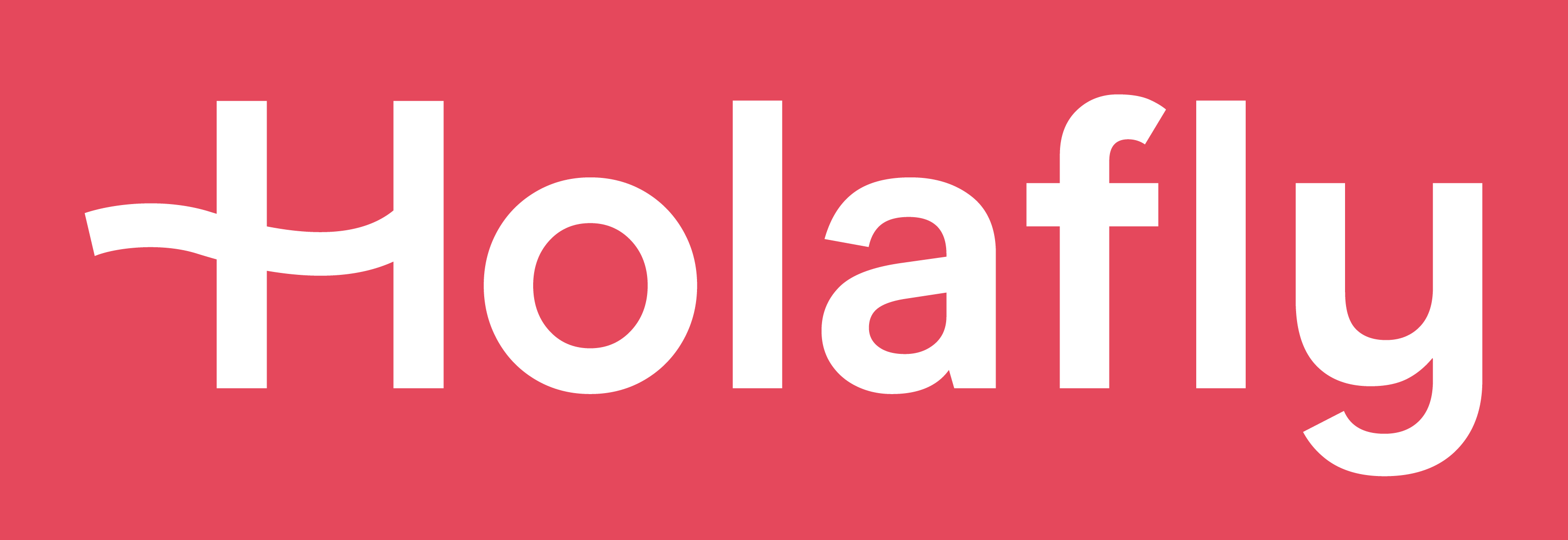Apple has allegedly claimed that the number of active iMessage users in Europe is too small to subject the messaging service to regulations stipulated by the European Union’s Digital Markets Act (DMA), according to a new report by the Financial Times.
Apple has made the argument as a last-ditch effort to convince the EU to spare iMessage from the set of regulations introduced by the DMA, with the EU set to reveal the first round of apps and services to be affected by the Act on Wednesday. According to the DMA, affected services must have an annual revenue of at least €7.5 billion, a market capitalization value of no less than €75 billion, and at least 45 million active monthly users based in the EU to be affected by the new regulation.
Financial Times adds that the Union “has some discretion” when it comes to the minimum requirements set above, meaning that certain services can arbitrarily fall under the DMA as the European Union sees fit even if they don’t meet the stipulated requirements.

Discover new horizons, always connected with eSIM
Travel the world stress and hassle-free with the best eSIM service available. Enjoy unlimited data, 5G speeds, and global coverage for affordable prices with Holafly. And, enjoy an exclusive 5% discount.
The report adds that Apple has privately argued with the EU that iMessage currently doesn’t meet the minimum number of active monthly users to fall under the DMA, meaning that Apple won’t be forced to open up its messaging service to interoperate with competitors such as Telegram and Whatsapp. Recent estimates put the number of active iMessage users at 1 billion worldwide, but a region-specific figure is hard to estimate, especially since Apple “has not disclosed any figures for several years,” adds the report.
The EU is currently in the process of considering whether to include iMessage in the final list of DMA-affected apps and services, the report adds. There is a possibility that the European Commission may launch an investigation to assess whether these services should be subjected to the new obligations outlined in the DMA.
Simultaneously, Microsoft is also making the same argument that Apple is pulling with its Bing search engine, with Financial Times claiming that Microsoft is pointing to Bing’s small 3% market share of search engines, which would put it at a “greater disadvantage” compared to Google.
In July, it was revealed that Apple confirmed its “gatekeeper” status to the EU. Under the DMA, companies will also be required to allow users to easily remove pre-installed apps, as well as end the prioritization of default apps and services over third-party ones. Finally, the DMA is set to force Apple to open up its platforms to third-party app stores and external payment providers.





